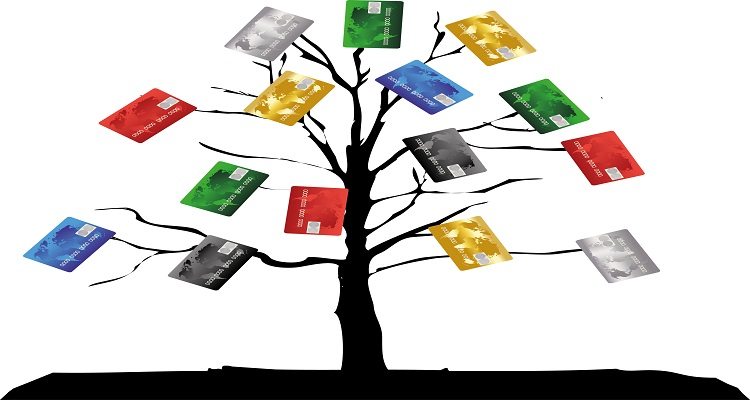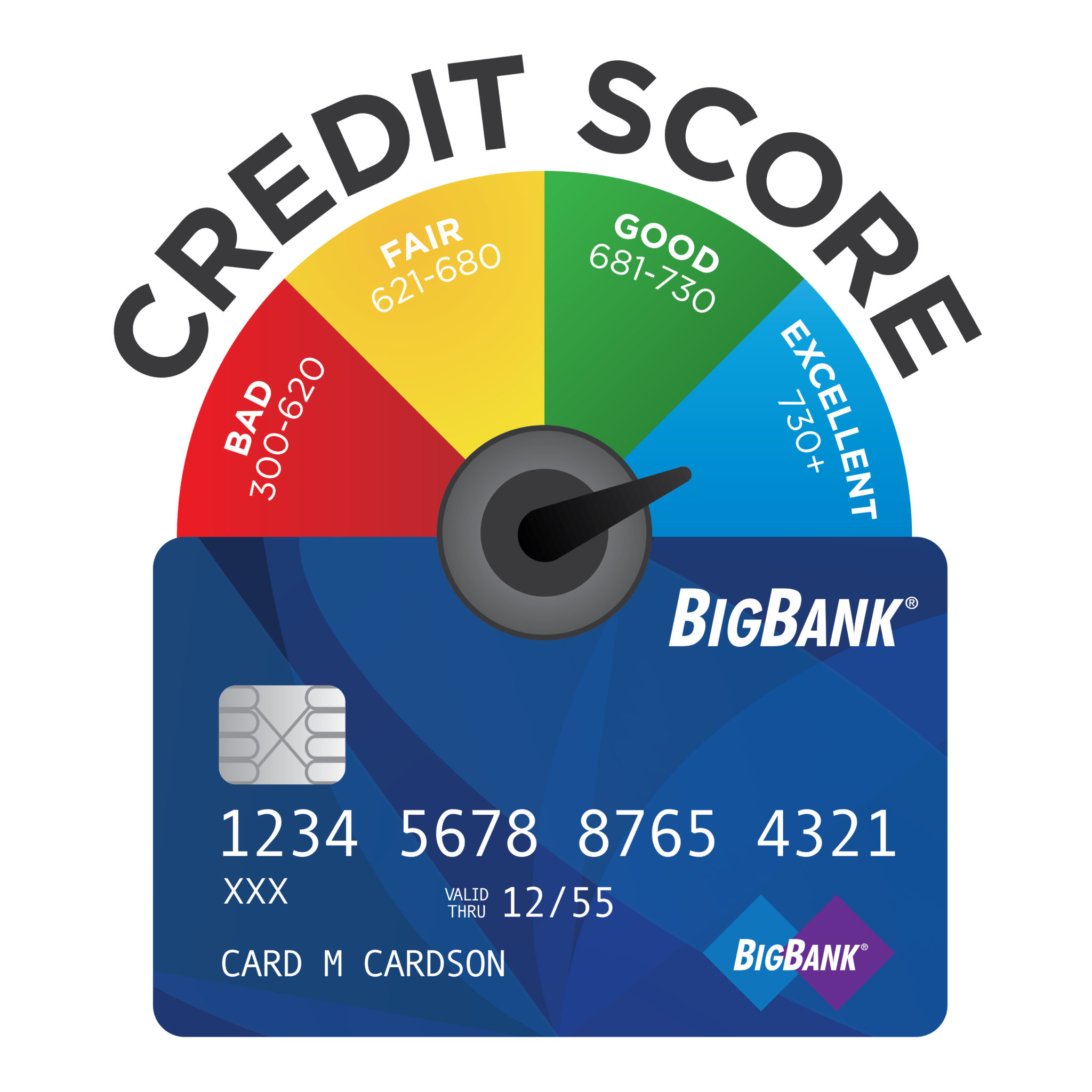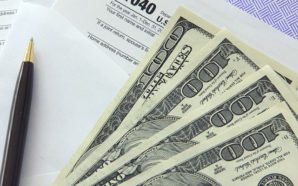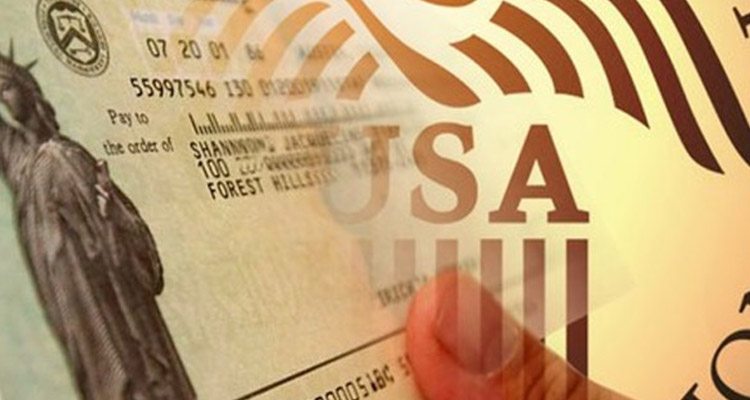What Does It Mean When You Have Multiple Credit Scores?

You may not know it but more often than not, you have multiple credit scores that help lenders decide how much risk they are taking when they provide you with a loan or credit card. It helps inform them how likely you are to default on your auto loans, mortgages, or credit card bills. Banks will use a slightly different score for different types of loans and they could be getting the information from several places to check for discrepancies from your multiple credit reports.
Credit Bureaus
Basically, there are 3 credit bureaus that collect your records and provide you with a credit score. In the US, these are Equifax, Experian, and TransUnion. Each of these bureaus keeps a record of all your accounts including auto loans, student loans, and mortgages among others. They also track your bills if they were sent to collections or if you have filed for bankruptcies and other black marks that could consider you a big risk for lenders.
A lot of people are surprised that these 3 bureaus could have different information about your credit. Sometimes, one bureau may have mistaken data while the others don’t. It would benefit you to review all 3 of your credit reports each year and you can do that by going to www.annualcreditreport.com. If something doesn’t look right, you have the option to file a dispute with the particular credit bureau.
The usual discrepancy that occurs between different reports is the number of hard inquiries recorded on your account. Lenders typically check only one credit report from one agency to determine your financial risk and make a decision. Because of that, one report will show fewer hard inquiries than those of other bureaus. That means your credit score will be higher for some bureaus.

Scoring Models
There are 2 scoring models used for determining your credit scores. The most popular is FICO and is the one that is most often used by lenders. However, the credit bureaus have developed an alternative called the VantageScore.
On top of these two scoring models, a lender may also develop their own scoring model based on their preferences in order to reduce the risks of customer defaults. But 90% of lenders still use the FICO model.
Tracking Your Multiple Credit Scores
Do you need to keep track of all your credit scores? The answer is no. Knowing that you have multiple credit scores, you might be worried that you will never stay on top of your finances and achieve a healthy credit score. You don’t have to track each possible credit score that a lender might use. As long as one of your credit scores is in the right direction, it is most likely that your other credit scores share the same data.
There are different ways for you to track your credit score for free. A lot of credit card companies offer free credit scores based on the bureau that they use as a lender. You may also receive a free credit score from your bank or credit union. Aside from these, there are websites and official mobile applications from credit bureaus, as well as third parties that offer a free credit score to their users.
You just have to check the fine prints to see which credit bureau they use to base your credit score on. You can round up 2 or 3 sources that provide a score from each bureau and you will have a good idea about your multiple credit scores.
This is a good way to stay on top of your finances.











